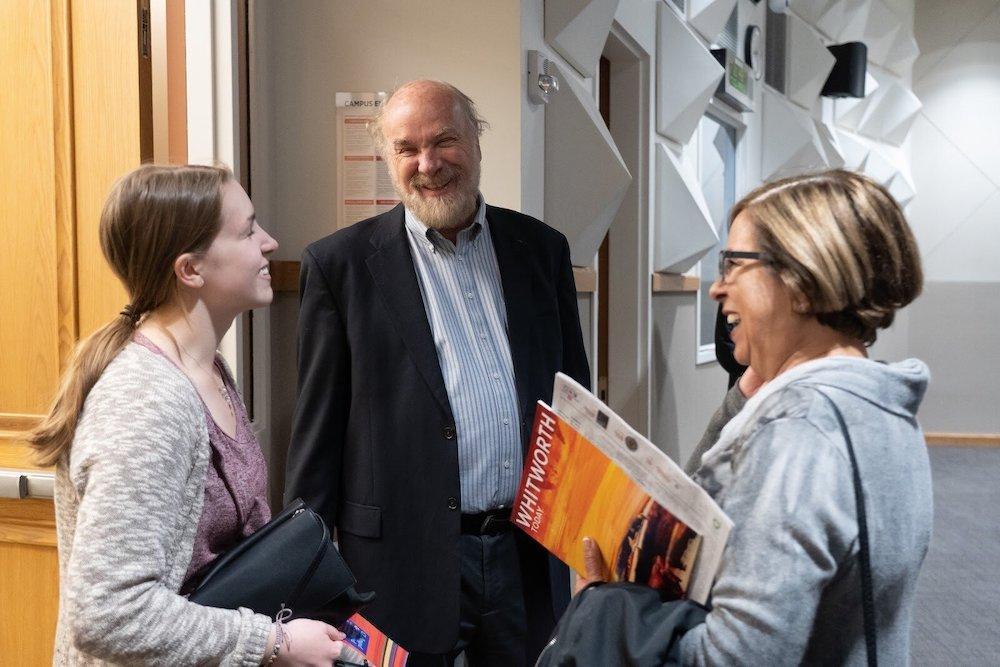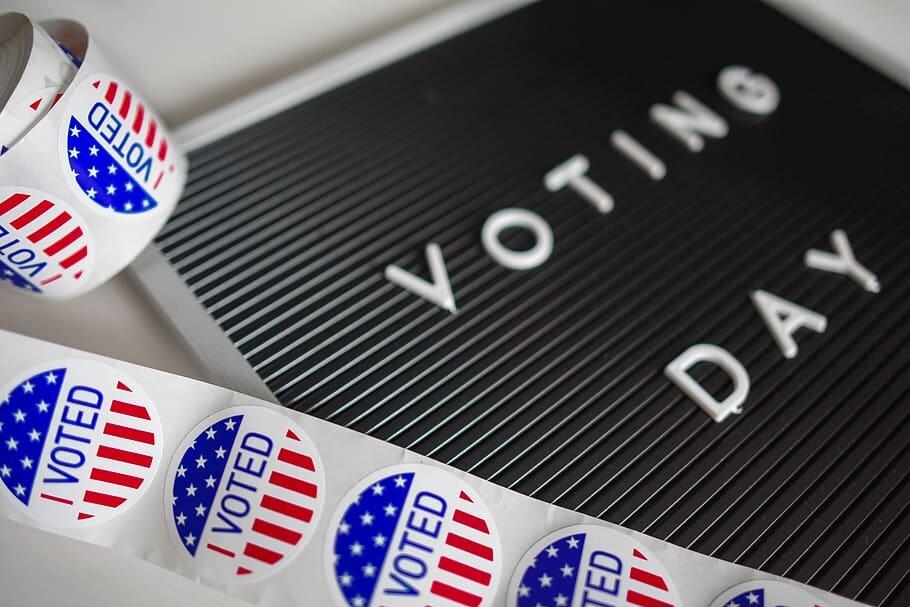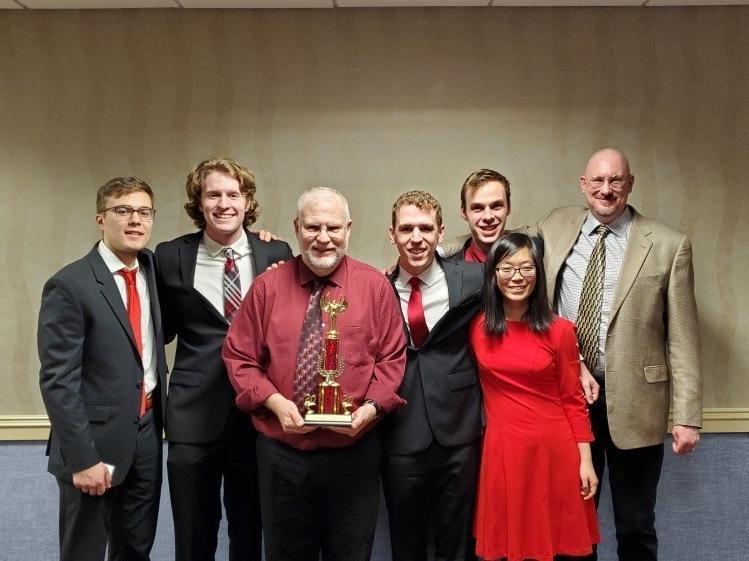On the evening of October 17th, students and professors gathered in Weyerhaeuser Hall to hear a lecture from Whitworth’s Inclusive University Classroom series. The lecture was titled “Ready, Set, Verve: A critical component of culturally responsive pedagogy.”
The lecture was given by Marguerite W. Penick-Parks, Ph.D. Penick-Parks previously worked as a high school teacher in Kansas City. She currently serves as a graduate coordinator for educational leadership and policy at the University of Wisconsin-Oshkosh. Furthermore, she is the author and co-editor of several books on the topics of race, privilege and oppression in relationship to issues with the education system.
Penick-Parks began her lecture by defining people with “verve” as those who “have a special receptiveness to relatively high levels of physical or sensate stimulation.”
“Verve,” she stated, “is what you incorporate in classrooms especially for those students who don’t like that quiet atmosphere or who don’t learn in that quiet atmosphere.”
Penick-Parks explained that in a classroom, “verve students may talk excessively […], ask other students for help, try to work on more than one assignment at a time, prefer group work, joke and prefer hands-on activities.”
She then clarified that “verve is not just African-American. It is for every child who comes from a home culture where there is a lot of activity and noise. Everybody has a unique home culture, and that home culture is what students bring into the classroom.”
Penick-Parks pointed out that “this goes against everything that pre-service teachers are taught. Teachers are taught to keep kids in their seats. They tell them, ‘don’t talk back, raise your hands, do your work.’”
Penick-Parks stated that this mainstream method of education is the result of historical exclusion. She demonstrated this by having her audience take a Mississippi literacy test from the 1800s, which was made purposefully confusing so as to prevent African-Americans from voting. To her, this test is “the perfect example of an institutional way of doing which was intended to exclude others.” Likewise, she stated that “our schools have been created to keep some people in and other people out.”
Penick-Parks then gave the audience a brief history of public education in America, especially as it relates to forced assimilation and inclusion. She stated that the result of this history is “an educational system grounded in the belief of education as assimilation, competition, and individualism. [It is] grounded in the culture and belief system of the European individualistic society.”
Penick-Parks then transitioned into the topic of culturally responsive and relevant teaching.
“The only kids who are successful in schools arrive at school already knowing how to do school,” Penick-Parks said.
She explained that these kids learn how to be quiet and creative, and they learn how to answer “what” and “why” questions. However, students from different communities, such as a working class black community have had different learning experiences
“[They] have learned how to think critically and be creative, but they have not done so in the way that schools want them to. They have learned what is valued in their culture.”
Furthermore, Penick-Parks discussed several studies which prove that education involving verve heightens learning and comprehension.
“Getting people involved and allowing them to express themselves is a good thing.” she said. “So why we think education has to look like this, even though all the research says that it shouldn’t, is one of the things that I don’t understand. That to me is just privilege and power.”
She proceeded to give her audience practical examples of vervistic strategies, including call and response, variations in pace, body movement, and “lively discussions with frequent and spontaneous student participation.”
Penick-Parks concluded her lecture with the statement that schools and educators must be more willing to incorporate different styles of teaching.
“We need to be open to the fact that not everybody learns the same way I do. […] Students aren’t the people who have to change. It’s the educators who have to change,” Penick-Parks said.
One of the students in the audience, freshman Hannah Duncan, found the lecture particularly interesting.
“This is probably the best extracurricular activity I’ve been to this year. Education affects all of us, and it was interesting to learn how our education system can be improved and made more inclusive,” Duncan said.
Duncan also stated that Penick-Parks’ literacy test exercise was one of the most impactful moments of the lecture.
“I always assumed that the American education system was less understanding than it should be, but I didn’t realize that it was this deep. The literacy test helped me understand that,” Duncan said.
Anne Wilcox, assistant professor of education and director of the English Language Learning Endorsement program at Whitworth, also attended the lecture.
“[Whitworth] understands that we need culturally responsive educators who understand multicultural teaching. All education majors at Whitworth are required to complete intercultural placement, where students teach in a school with a different linguistic or cultural background than their own,” Wilcox said.
In regards to what Whitworth can do better, Wilcox stated that members of the Whitworth community can “actually stop and ask people their stories” so as to learn more about their cultural experiences.
Though there are no upcoming lectures in the Inclusive University Classroom series, students and faculty who are interested in this topic can view presentations from previous lectures on Whitworth’s website at https://www.whitworth.edu/cms/administration/diversity-equity-and-inclusion/inclusive-university-classroom-lectures/.












 Spokane?
Spokane?